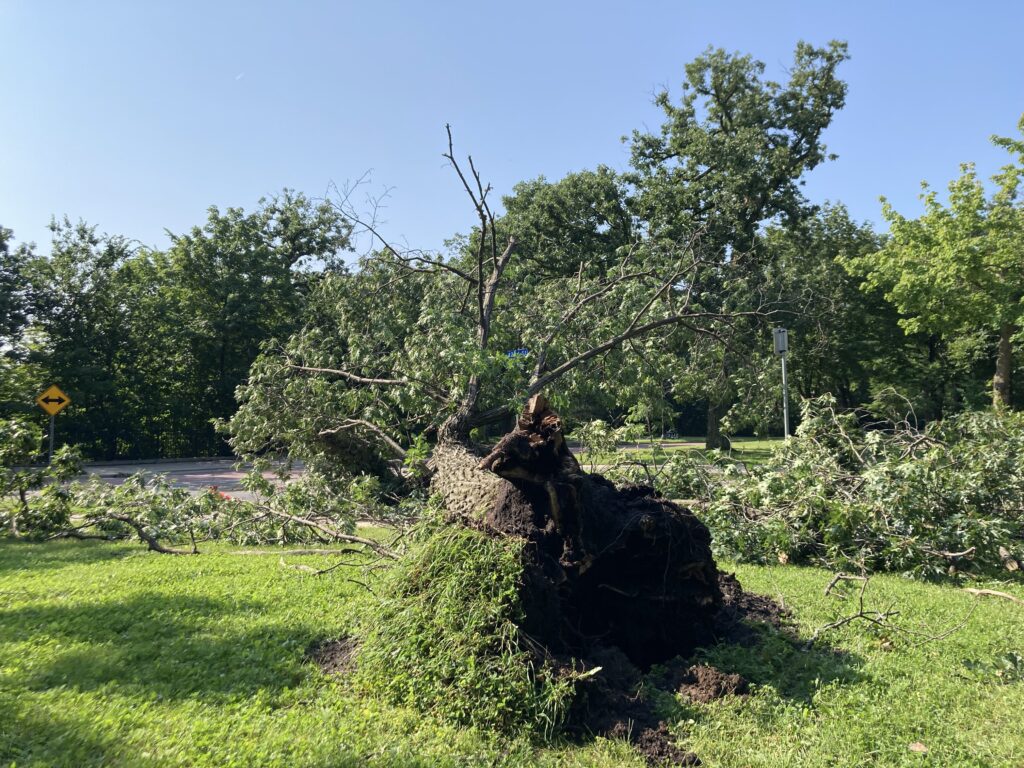7 miles
flats and back
67 degrees / humidity: 84%
ending in drizzle
7 miles! And I didn’t feel like I was about to die at the end! Big progress. Ran the first 3 miles without stopping, then tried out what Scott did yesterday in his run: zones/heart rate training. Run until my heart rate reaches 170, then walk until it reaches 135. My heart rate is usually between 170 and 175 for all of my runs, so 170 is actually on the low end. I rev high. This worked remarkably well. I felt relaxed and managed to stay around 167 for most of it. And focusing on my heart rate distracted me.
10 Things
- started by running north through the neighborhood: the guy who usually sits on his stoop and smokes wasn’t there this morning
- smelled breakfast — sausage, toast — as I ran by longfellow grill
- between lake street and franklin it was difficult to see the river — too many leaves, only the occasional flash of blue-gray
- nearing the trestle, voices — rowers below! heard, but not seen
- at least twice I’ve mentioned the orange cat spray-painted on the sidewalk. It’s not a cat, but a turkey. Today I noticed all the feathers
- honking geese (I think) under the franklin bridge
- the river was brown and half clear, half streaked with foam
- a spring below the U of M was gushing — a little waterfall spilling out over the road. Water heard 2 ways: 1. seeping out of the rocks and 2. spraying up from under car wheels
- near the bottom of the franklin hill, under the 1-94 bridge, leaves stick out from a leaning branch, looking like a leg to me. Several times I’ve thought there was a person there before I realized it was a tree
- cool rain drops on my hot face at the end of the run
Listened to my feet, the rowers, cars, seeping water for the first half. Put in my color playlist for the second half.
swim: 4 loops
lake nokomis open swim
77 degrees
Finally, I get to do another open swim! A beautiful evening with no swells and warm water. The first 2 loops were a little intense with a group of triathletes training for an upcoming race swimming in a line. But the third and fourth loops were much more peaceful, quiet. I didn’t stop at the shore between loops, and mostly swam freestyle without stopping, but once or twice I switched to breaststroke and took in the solitude and the smooth-as-glass water and the silence. Wow! Swimming freestyle without stopping, your head barely out of the water, is a much different experience than swimming breaststroke, with your head almost always out of the water. I like it; I feel less like a human and more like a fish, underwater for an hour.
Today’s swim was wonderful but didn’t involve much giving attention to anything other than sighting buoys, looking out for other swimmers, and counting strokes. Did I notice 10 things?
- only one or two globs of algae
- the water was olive green, or was it lentil green?
- the sun was lower in the west and muted because of the clouds
- no vine or twig encounters!
- no sailboats, either — was that because there wasn’t any wind?
- a wet-suited woman swimming a fast freestyle, then stopping to sight, then fast, then power breaststroking
- feeling something up ahead disturbing the water, then seeing it, finally: a breaststroker’s powerful kick
- at the beach, people with picket signs, park workers on strike and/or park worker supporters — I support the park workers!
- leaving the beach overhearing 2 women who just finished swimming: women 1: I think I did more than the race distance women 2: you did double the distance! You can do this! women 1: Yes, I can do this!! I’m assuming they were both training for an upcoming triathlon
- no planes or birds or shafts of light or glittering water or sparkle friends
a description of swimming
I cannot imagine a cessation to swimming, to my arms making their endless arcs, my hands gone to paddles, my body propelled forward a pull at a time, my feet feeling more like seal flippers, my shoulders rolling and rolling, and the slow whip of the turn, my head down and the push through the bubbles and blue andthe great intake of air, a breath that keeps a human able to move through water as if we were not gone from our breathable blue past (I will Always Inhabit the Water/ Lidia Yuknavitch).
